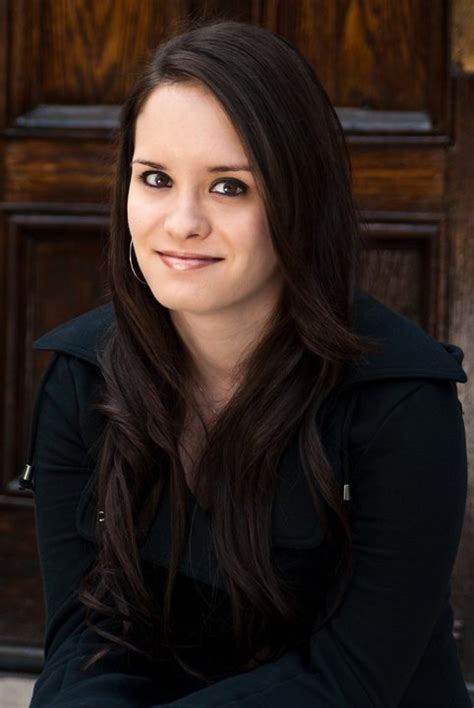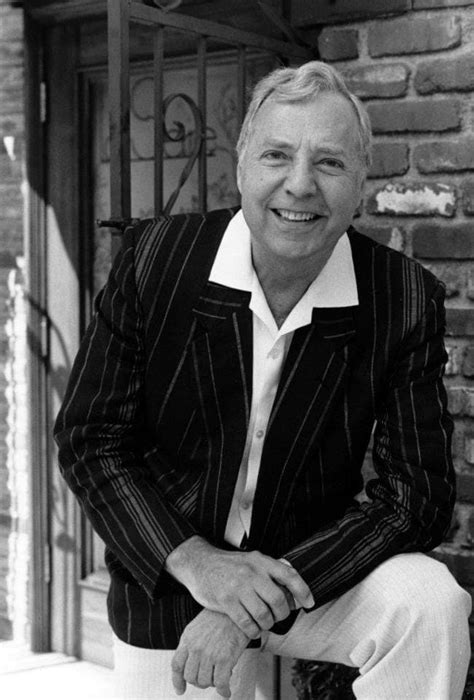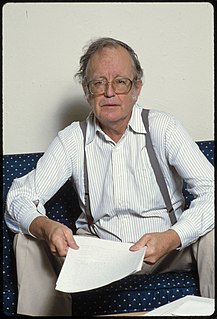A Quote by Elizabeth George
While I've written in the POV (point of view) of adolescent characters before... I never have had to create novels in which those characters not only drive the plot, but also are instrumental in resolving whatever issue the plot deals with.
Related Quotes
Fiction writers come up with some interesting metaphors when speaking of plot. Some say the plot is the highway and the characters are the automobiles. Others talk about stories that are "plot-driven," as if the plot were neither the highway nor the automobile, but the chauffeur. Others seem to have plot phobia and say they never plot. Still others turn up their noses at the very notion, as if there's something artificial, fraudulent, contrived.
The writer must always leave room for the characters to grow and change. If you move your characters from plot point to plot point, like painting by the numbers, they often remain stick figures. They will never take on a life of their own. The most exciting thing is when you find a character doing something surprising or unplanned. Like a character saying to me: ‘Hey, Richard, you may think I work for you, but I don’t. I’m my own person.’
There are times that you have a plot in your head, but then you find that the characters don't want to do that. When you're looking at the story from the outside, you can create whatever twists and turns you want. But when you're writing, you're inside the characters' heads, and you see that they may be motivated to do something different.
Remember: Plot is no more than footprints left in the snow after your characters have run by on their way to incredible destinations. Plot is observed after the fact rather than before. It cannot precede action. It is the chart that remains when an action is through. That is all Plot ever should be. It is human desire let run, running, and reaching a goal. It cannot be mechanical. It can only be dynamic.
Unlike most wars, which make rotten fiction in themselves - all plot and no characters, or made-up characters - Vietnam seems to be the perfect mix: the characters make the war, and the war unmakes the characters. The gods, fates, furies had a relatively small hand in it. The mess was man-made, a synthetic, by think tank out of briefing session.


































